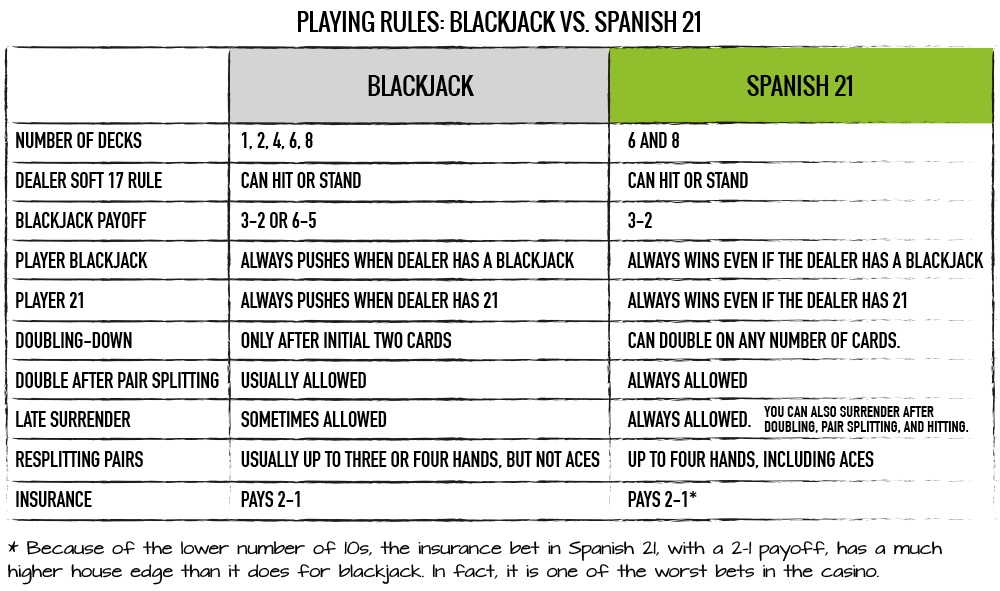
The IRS isn’t leaving gambling reporting to chance. It has issued new final regulations clarifying and expanding the rules for payors of slot, bingo and keno winnings. Most notably, in response to an outcry from the gambling industry, higher ...
- The only confusion that comes into play is when a state allows casino gambling to players 21 and up, but the online casinos accept players at 18. Now we’re in the gray zone. Since less than a dozen states offer locally licensed online casinos, most states have absolutely no laws regarding online gambling, and therefore have not established a.
- One time, before I turned 21, I was walking through a casino and I stopped to watch a hand of blackjack and was immediately carded by a member of the hotel staff. Another time after I turned 21, my girlfriend who was 20 stood behind me while I was playing. Eventually she was carded the pit boss told her she had to leave.
The IRS isn’t leaving gambling reporting to chance. It has issued new final regulations clarifying and expanding the rules for payors of slot, bingo and keno winnings. Most notably, in response to an outcry from the gambling industry, higher thresholds for reporting responsibilities were retained (IRS Reg. 1.6401-10, 12/29/16).
“Commentators overwhelmingly opposed the idea of reducing these reporting thresholds. Payors opposed lowering the thresholds because it would result in more reporting, which would increase compliance burdens for the industry,” said the IRS in the regulations. “In fact, many commentators suggested that rather than reducing the current thresholds, they should be increased to account for inflation. These final regulations do not change the existing reporting thresholds for bingo, keno, and slot machine play.”
For taxpayers, gambling winnings are treated as taxable income on federal income tax returns, but the tax may be offset by losses up to the amount of the winnings. For example, if you win $5,000 during the year and incur losses of $4,500 in the same year, you owe tax on only $500. The losses are reported on Schedule A, but aren’t subject to the usual 2%-of-AGI floor for miscellaneous deductions.
For businesses, information reporting is required for payments of $600 or more to a taxpayer during the year. While temporary regulations had boosted the reporting thresholds for winnings from bingo games and slot machines to $1,200 and $1,500 for keno games, proposals would have lowered these amounts back to $600.
The information is reported on Form W-2G, “Certain Gambling Winnings,” which must be filed by February 28 of the following year; March 31, if filed electronically.
Now the new regulations hold the line on the reporting thresholds for bingo, slots and keno games. The regs also retained the rules, with minor modifications, on identifying information that must be provided by gamblers. In addition, they adopted an “aggregate reporting” rule, with winnings for a single gambling session being allowed as an alternative to reporting each win that exceeds the required threshold. A single session is defined as the time between a gambler placing a wager on a certain game and completing the last wager on the game before the end of the same calendar day.
The primary guest is responsible for all guests under the age of 21 in their guest room. Children must be accompanied by a parent or guardian over the age of 21 at all times. Children and young adults under the age of 21 must be accompanied by a security escort while on the Casino Level, including to and from the restaurants and shops.
Casino Rules Under 21 Cfr

The IRS also agreed to allow gambling institutions to use “gaming days” instead of calendar days for reporting periods if its use is uniform. Gaming days are generally used for other accounting purposes.
Vegas Casino Rules For Under 21
Finally, the new final regulations did not include proposed rules that applied to electronically tracked systems for slot machines. The proposed regulations required reporting for winnings at least $1,200 within a calendar day session. However, the casino industry successfully argued that the technology would not support this and that it would “chill customer use.” Count this as a win for the casinos.